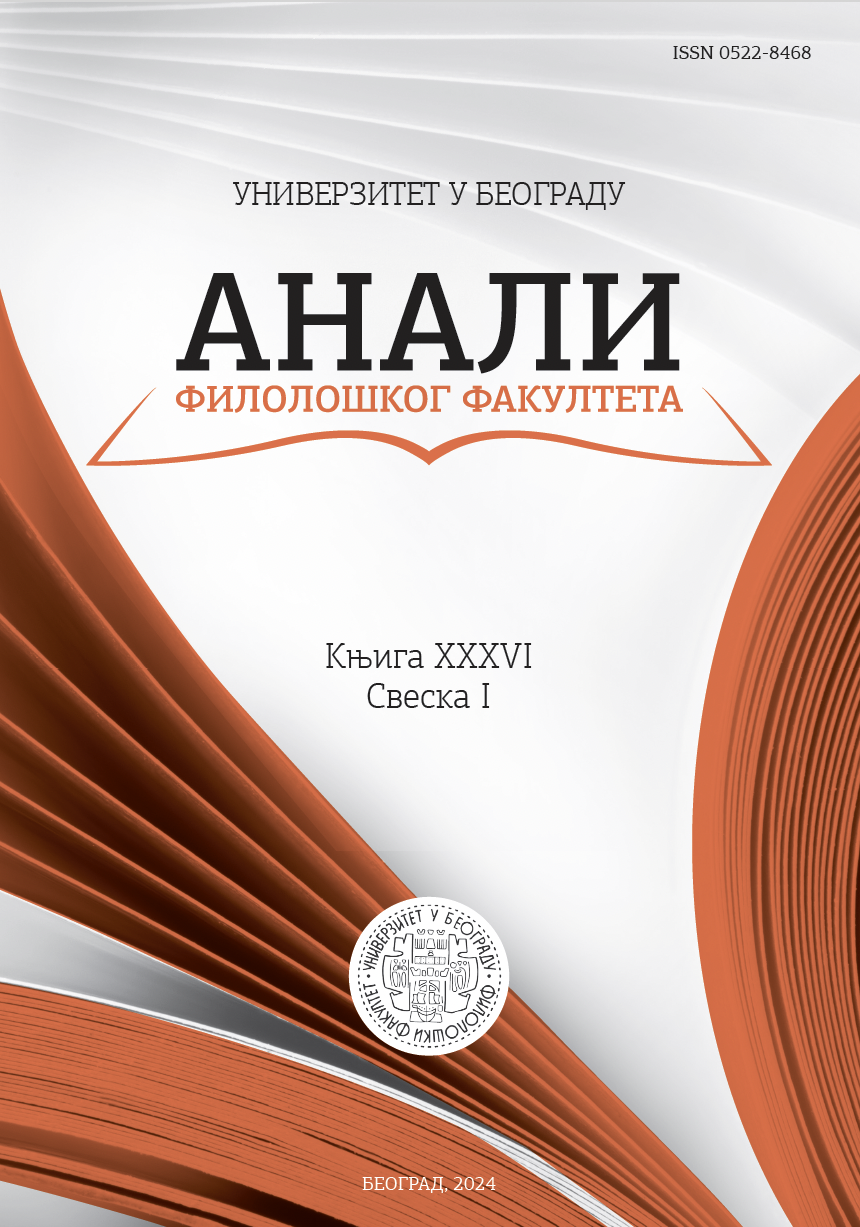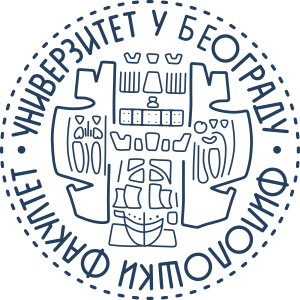Perceptions of ESP Instructors in Higher Education Institutions on Meeting the Demands of Interdisciplinary and CLIL Education
DOI:
https://doi.org/10.18485/analiff.2024.36.1.11Keywords:
CLIL, ESP, higher education, interdisciplinary competenciesAbstract
This paper presents a theoretical framework and explores the potential relationship between ESP and CLIL education. Furthermore, it delves into the perceptions of ESP instructors employed at faculties outside of the philological field, with regard to their interdisciplinary competencies and the integration of professional content into an ESP course (CLIL-enhanced ESP). The research involved the administration of a questionnaire utilizing various types of questions (demographic questions, rating scale questions, open-ended questions, Likert scale, and multiple response questions), enabling both quantitative and qualitative analysis. The findings of this study, among other insights, underscore the necessity of supporting teachers in the cultivation of their interdisciplinary competencies and in the development of syllabi, didactic resources, and materials. Furthermore, the results reveal a significant need for interdepartmental collaboration to enhance the effectiveness of interdisciplinary and cross-curricular educational practices.
Downloads
Published
How to Cite
Issue
Section
License

This work is licensed under a Creative Commons Attribution-ShareAlike 4.0 International License.
Authors who publish with this journal agree to the following terms:
- Authors are confirming that they are the authors of the submitting article, which will be published (print and online) in the journal Anali filološkog fakulteta by the Faculty of Philology, University of Belgrade (Faculty of Philology, Studentski trg 3, 11000 Belgrade, Serbia). Author’s name will be evident in the printed article in the journal. All decisions regarding layout and distribution of the work are in hands of the publisher.
- Authors guarantee that the work is their own original creation and does not infringe any statutory or common-law copyright or any proprietary right of any third party. In case of claims by third parties, authors commit their self to defend the interests of the publisher, and shall cover any potential costs.
- Authors retain copyright and grant the journal right of first publication with the work simultaneously licensed under a Creative Commons Attribution-ShareAlike 4.0 International License that allows others to share the work with an acknowledgement of the work's authorship and initial publication in this journal.
- Authors are able to enter into separate, additional contractual arrangements for the non-exclusive distribution of the journal's published version of the work (e.g., post it to an institutional repository or publish it in a book), with an acknowledgement of its initial publication in this journal.
- Authors are permitted and encouraged to post their work online (e.g., in institutional repositories or on their website) prior to and during the submission process, as it can lead to productive exchanges, as well as earlier and greater citation of published work.





